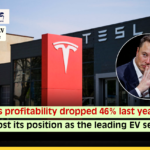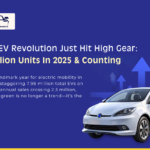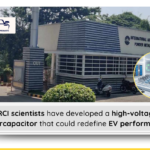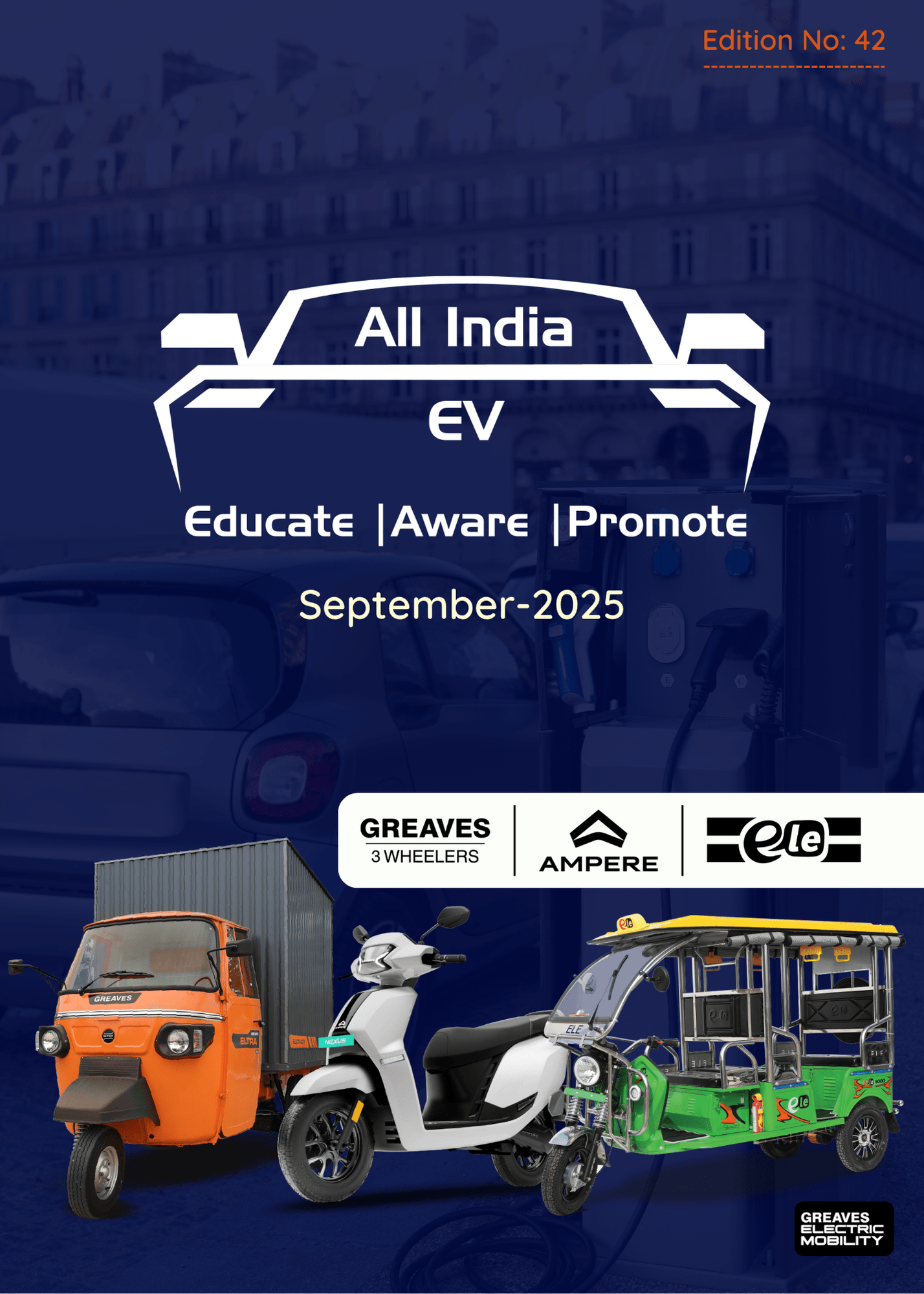
Why EV Battery Prices Are Falling and What It Means for India’s EV Future
The Indian electric vehicle (EV) landscape is evolving rapidly, and a key driver behind the affordability of EVs is the continuous decline in battery prices. Once a major cost hurdle, battery prices are now falling due to global oversupply, setting the stage for a more affordable EV future in India.
The Global Shift Driving Battery Price Decline
While India is still in the early stages of local lithium-ion battery production, global markets are witnessing an oversupply crisis. According to a report by the Investment Information and Credit Rating Agency (ICRA), large-scale production by international battery manufacturers has outpaced demand, forcing price cuts.
In 2022, lithium-ion battery prices stood at $151/kWh. This dropped to $139/kWh in 2023, marking a 14% decline. By 2024, prices further fell to a historic low of $115/kWh. The excess production has led to reduced import costs, benefiting Indian EV manufacturers and making electric mobility more accessible.
How India Is Adapting to the Changing Battery Market
India’s EV industry is increasingly focusing on localizing battery production to reduce reliance on imports. While global manufacturers prioritize Nickel Manganese Cobalt (NMC) batteries for their high energy density, India is banking on Lithium Ferrous Phosphate (LFP) batteries, which are more cost-effective, durable, and better suited for the country’s climatic conditions.
However, the global surplus in lithium-ion batteries presents both opportunities and challenges. On one hand, cheaper imports could make EVs more affordable for Indian consumers. On the other, local manufacturers may struggle to compete unless they scale up production and optimize costs.
Government Support and Future Prospects
To reduce dependency on China for EV components, India is investing in domestic lithium-ion battery production. The government has extended policy support to local manufacturers, aiming to make EVs more affordable and self-sufficient in the long run. Union Minister for Road Transport and Highways, Nitin Gadkari, recently announced that price parity between petrol and electric cars could be achieved within six months.
Despite challenges in sourcing raw materials and setting up manufacturing infrastructure, India’s push for an independent EV ecosystem is gaining momentum. With continued investment and innovation, India is poised to become a key player in the global EV market, driven by competitive battery costs and an expanding local supply chain.
As battery prices continue to decline, the future of electric mobility in India looks more promising than ever. The country’s shift towards sustainable transportation is not just about affordability but also about achieving long-term energy security and reducing carbon emissions.









